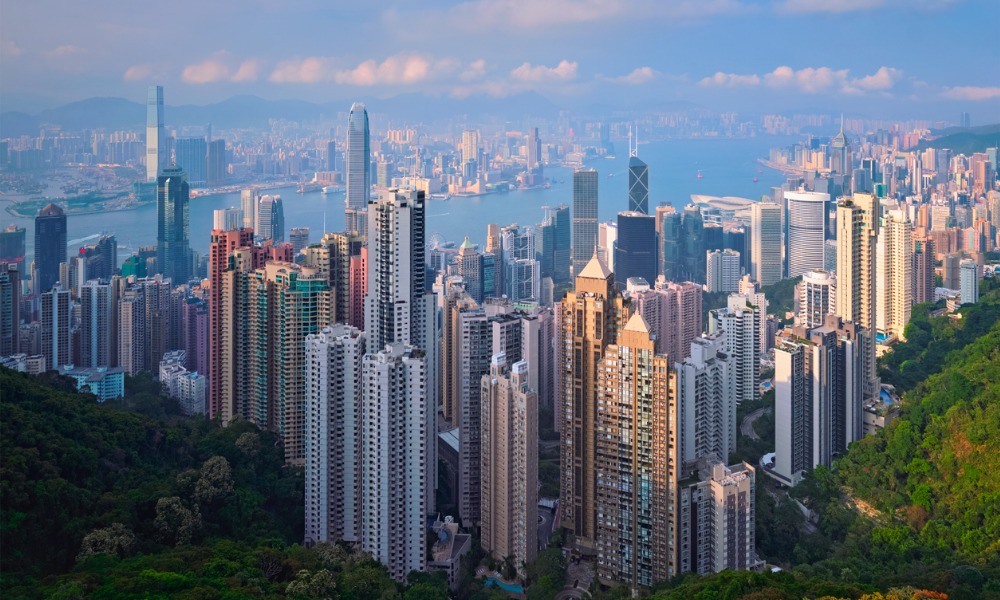
The group stressed the potential pressure on the legal profession's independence under the new law

The International Bar Association’s Human Rights Institute (IBAHRI) has openly expressed its profound concern regarding the recently enacted Safeguarding National Security Law (SNS Law) in Hong Kong.
The legislation, effective on March 23, was fast-tracked through the Hong Kong Legislative Council. IBAHRI raised concerns over the erosion of democratic rights and the mounting pressures on the legal profession's independence.
The SNS Law comes as a subsequent measure following the imposition of the National Security Law by the Beijing Government in June 2020. It strengthens existing offences and introduces a range of new ones, including treason, espionage, external interference, state secrets, and sedition. According to IBAHRI, this legislation significantly expands the scope for human rights crackdowns beyond its predecessor, infringing upon fundamental freedoms such as expression, assembly, association, and the right to a fair trial.
IBAHRI criticized the law for its broad and vague definitions, which it believes could lead to arbitrary and politically motivated prosecutions, further exacerbating the already high levels of self-censorship affecting Hong Kong's socio-political environment. The institute also raised alarms over the legislation's “extraterritorial reach,” which could extend its intimidating effects beyond Hong Kong's borders, contradicting international obligations like the International Covenant on Civil and Political Rights (ICCPR).
Anne Ramberg Dr Jur hc, co-chair of IBAHRI, said in a statement, “The IBAHRI urges Hong Kong and China’s authorities to protect the exercise of fundamental human rights and freedoms in the Special Administrative Region and to strengthen Hong Kong’s autonomy under the principle of ‘one country, two systems’, in compliance with the Basic Laws and the international obligations to which they have willingly signed and are bound.”
IBAHRI said that the law poses a direct challenge to the independence of the legal profession in Hong Kong, particularly highlighted by clauses that could prevent lawyers from representing clients suspected of national security offences and bar detainees from consulting their lawyers under certain conditions. These measures conflict with Hong Kong’s Basic Law and violate international standards, including the 1990 United Nations Basic Principles on the Role of Lawyers.
Mark Stephens CBE, IBAHRI co-chair, emphasized the crucial role of lawyers in defending human rights and the rule of law, warning that the SNS Law severely undermines these fundamental principles. “Lawyers are pivotal in upholding the Rule of Law, defending human rights, and providing access to justice for everyone, regardless of their background or status. Therefore, preserving the independence and integrity of the legal profession is paramount for justice and democracy,” Stephens concluded.